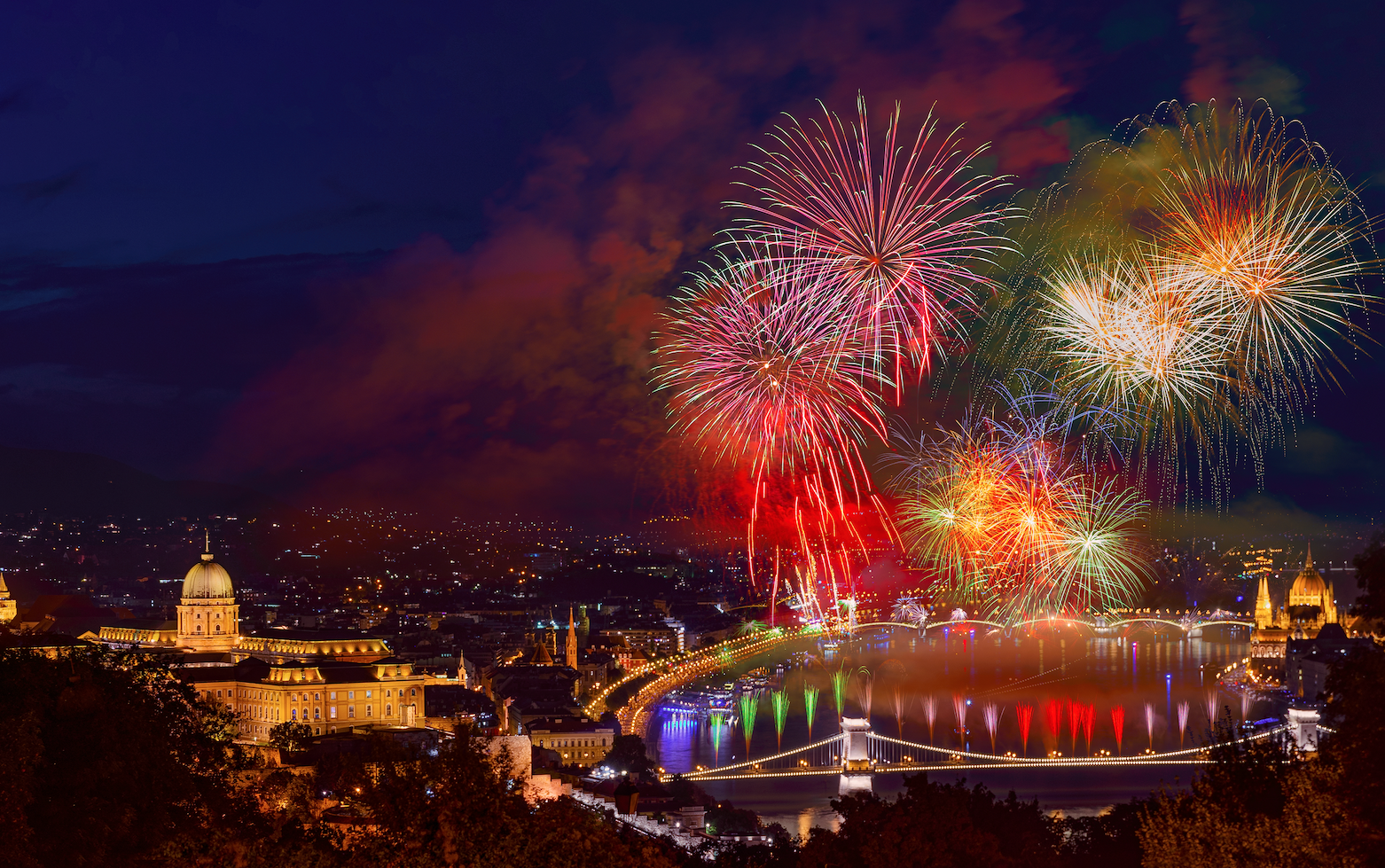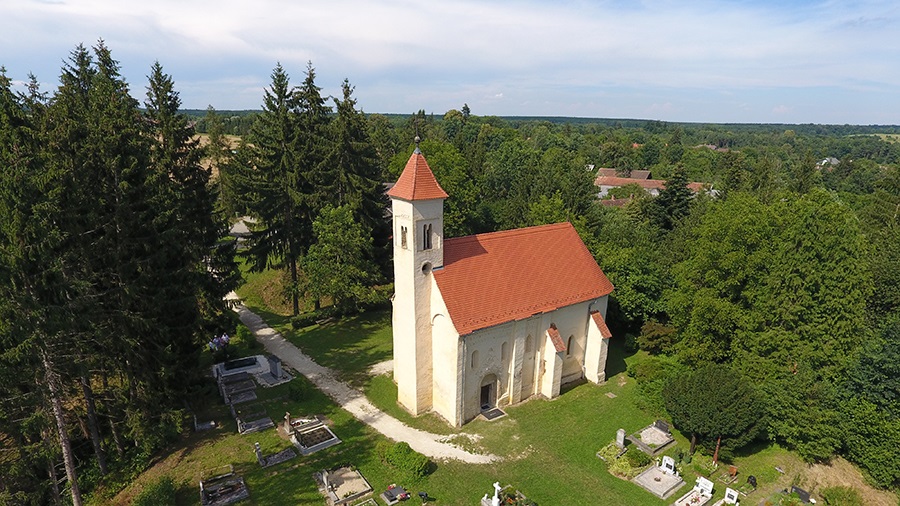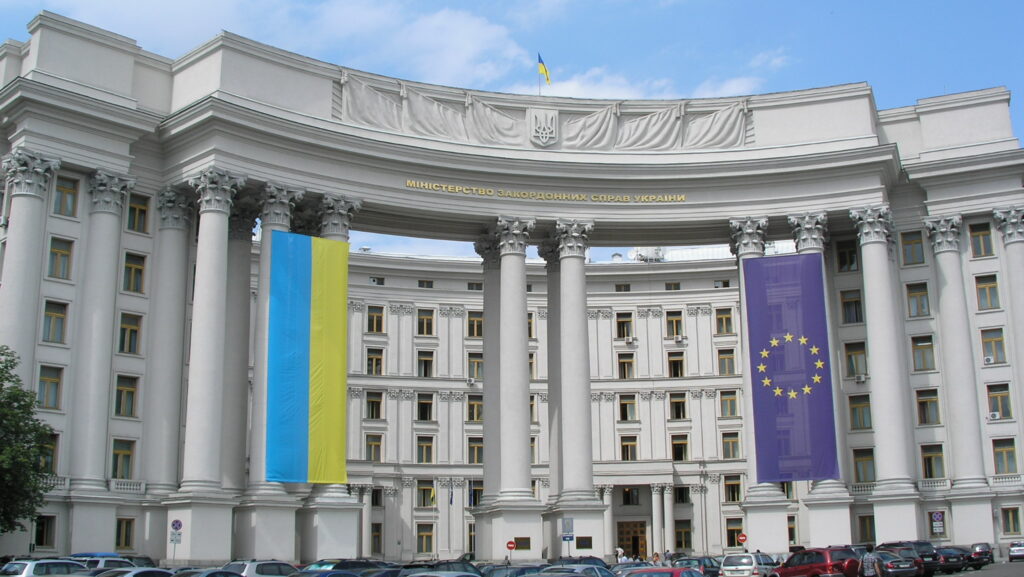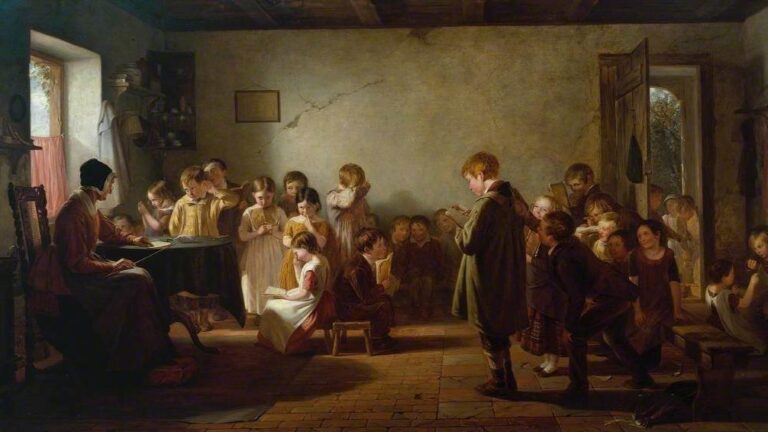Every year towards the end of July, demands from part of the public (and, unsurprisingly, opposition parties) that the 20 August fireworks be cancelled are invariably formulated. I cannot recall a single year since I was old enough to be on social media and later, mature enough to be interested in news, when there have not been indignant voices protesting the apparently exorbitant costs of the St Stephen’s Day fireworks, arguing that all that money should be spent on something more useful.
I personally think that is demagoguery, but of course I respect differing opinions. Several mayors in Hungary, including the Fidesz ones of Győr, Székesfehérvár and Tihany, have decided on cancelling the fireworks for a number of considerations, including environmental, financial and animal-welfare reasons. Good for them, if that was what the majority of their constituents desired.
Several mayors in Hungary have decided on cancelling the fireworks
While the central government chose not to cancel, an announcement was made yesterday by the operative board in charge of the coordination of the 20 August celebratory events that the fireworks will be postponed as a precautionary measure, in light of the forecasts predicting worsening weather conditions for last night.
A responsible decision from a responsible government. This was not always so—in the year 2006, the government did not cancel the fireworks, which resulted in the death of five people, including a 12-year-old, and hundreds of people being injured. 2006 is remembered by most as the year in which then prime minister Ferenc Gyurcsány delivered his infamous Őszöd speech, admitting to misgovernance and lies throughout his previous tenure, after which riots broke out that the police suppressed with unprecedented brutality. But in fact, the series of events that led to mass dissatisfaction with the Socialists and ultimately, to the two-thirds landslide victory of Fidesz in the 2010 elections, began on 20 August. There was no such thing as an operative board at the time, and, as it turned out after the tragedy, no thorough preparations had been made for the eventuality of a swift evacuation of the tens of thousands of people gathered to watch the St Stephen’s Day fireworks.
I was six that year. My mother and I joined another family to watch the show that evening, as my stepfather was out of the country. My grandmother had warned us that the weather forecast said there would be rain and strong winds that evening, but since there was no central announcement made or any indication that it would not be safe to be outside that day, my mother decided we would take the risk of a little rain.
Well, it was definitely worse than a little rain. Hardly had the first rocket been launched than an incredibly strong wind started blowing and heavy rain began to pour down. It was not just a storm, but a hail storm at the beginning, with peanut-sized ice pellets falling on our heads. I remember, as she was running, my mother was trying to shield my head from the pellets by holding one hand above my head while carrying me on one arm. Some young girls running next to us were trying to hold their umbrellas above my head, too, but the rain was too strong and kept tearing them from their hands. I was not in panic because I trusted my mother, but I remember the initial distinct feeling when the storm broke out full force that we all may actually die.
People started to scream and run
What was stunning was that, while when all hell broke loose, people did start to scream and run, very soon there was some kind of an orderly retreat, and no one was trampled on or even pushed aside. People looked out for each other, and especially families with children were somehow collectively protected. When the tornado-like wind started blowing and the rain pouring down, the huge crowed trapped on the Danube embankment between the Elisabeth and Chain bridges scrambled to get out, someone stepped on my Mum’s right flip flop and its thin leather strip was torn, so she quickly got rid of the left one, too, because she couldn’t have run fast enough otherwise. From then on until we finally made it to the nearest metro station (some 20 minutes away on foot) she was wading through ankle-high water, occasionally stepping on all sorts of debris and pieces of broken glass.
By the time we got home, we were completely drenched, and there were a dozen text messages and missed calls on my Mum’s mobile from worried relatives. In the next days we learned how devastating the storm had been and that some were not as lucky as we were. Various government officials, including the prime minister and his chief of cabinet, hurried to decline all political (or criminal?) responsibility for what happened, stating that the storm and ensuing chaos and fatalities were ‘acts of God.’ Most Hungarians did not think so, and one of the very first measures of the 2010 Fidesz government was to award sizeable compensation to the relatives of those who lost their lives in 2006 and to the surviving victims.
Moral of the story? There are governments and then there are governments.








